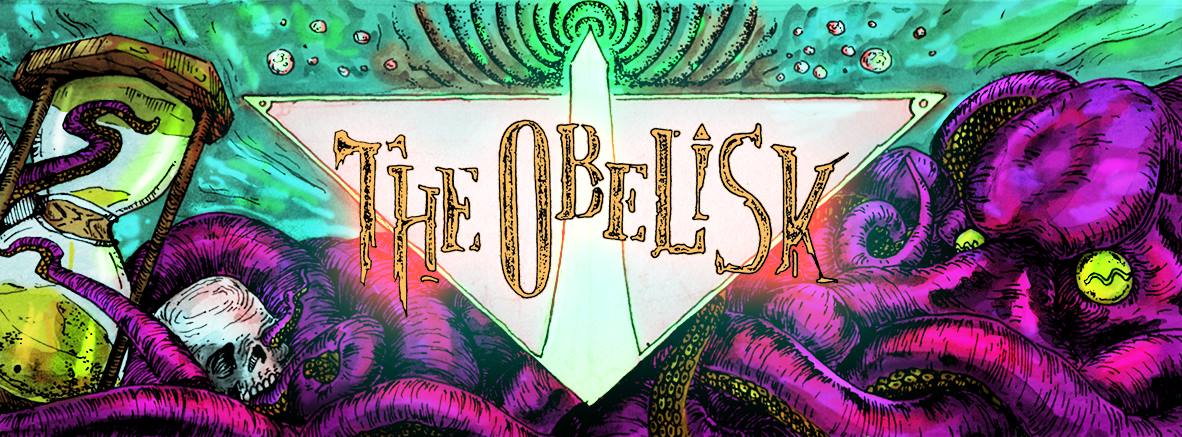On Wax: Dean Allen Foyd, Sunshine Song 7″
Posted in On Wax on August 29th, 2014 by JJ KoczanAdd up all the various limited editions — 50 on purple vinyl, 50 green, 100 purple/gold marble, 120 black, 30 gold/black marble — and Swedish psych traditionalists Dean Allen Foyd‘s new single on H42 Records is still pretty limited with just 350 copies pressed. Some versions are exclusive to different mailorders, and the Australian edition (the gold/black marble) has tweaked cover art, but at the heart of Sunshine Song b/w Devil’s Path are the two songs themselves, and from whatever color platter they might emanate, they find the Stockholm four-piece proffering a charming blend of garage-pop-rock boogie and heavy psychedelic  flourish. Comprised here of guitarist/vocalist Francis Rencoret, bassist Fredrik Cronsten, drummer/vocalist Wille Alin and organist/vocalist Erik “Errka” Petersson, as well as guest spots on guitar and a string quartet, Dean Allen Foyd seem most geared to the beginning moments of the psychedelic era — the heavy that was pre-heavy; more Beefheart than Leaf Hound — and it’s an aesthetic they convey naturally, having honed their craft across two full-lengths to date, 2012’s The Sounds Can be So Cruel and 2013’s Road to Atlas, both on Crusher Records.
flourish. Comprised here of guitarist/vocalist Francis Rencoret, bassist Fredrik Cronsten, drummer/vocalist Wille Alin and organist/vocalist Erik “Errka” Petersson, as well as guest spots on guitar and a string quartet, Dean Allen Foyd seem most geared to the beginning moments of the psychedelic era — the heavy that was pre-heavy; more Beefheart than Leaf Hound — and it’s an aesthetic they convey naturally, having honed their craft across two full-lengths to date, 2012’s The Sounds Can be So Cruel and 2013’s Road to Atlas, both on Crusher Records.
“Sunshine Song” is a fittingly classic A-side, both in its construction and its sound. It moves and grooves over a solid rhythmic foundation bolstered by added percussion and tosses out hooks in its verse and chorus given all the more flair via tambourine and the freakout waiting to surface. Dean Allen Foyd never go full-force into the jam, but neither would I call them restrained on “Sunshine Song.” They keep a 1967/1968-style pop sensibility to the first half of the single, if one meatier in its tonality, but still come across less stylistically retro than, say, Germany’s Vibravoid, for whom color-tinted glasses and striped pants seem to be a religion. Nothing against that, and it’s worth noting that Dean Allen Foyd and H42 released Sunshine Song to coincide with the anniversary of Syd Barrett‘s death, but there’s still something inescapably modern about their approach, and all the more on “Devil’s Path,” which even as it seems to be nodding at The Doobie Brothers‘ “Long Train Running” does so with guitar tone thicker than one finds from most “vintage”-minded acts, classic though the handclap timekeeping and direction of the song itself might be, leads swelling and receding in the background of the chorus before taking the fore about halfway through underscored by a bassline worthy of being higher in the mix than it is.
anniversary of Syd Barrett‘s death, but there’s still something inescapably modern about their approach, and all the more on “Devil’s Path,” which even as it seems to be nodding at The Doobie Brothers‘ “Long Train Running” does so with guitar tone thicker than one finds from most “vintage”-minded acts, classic though the handclap timekeeping and direction of the song itself might be, leads swelling and receding in the background of the chorus before taking the fore about halfway through underscored by a bassline worthy of being higher in the mix than it is.
Both sides of Sunshine Song seem to be working in a building structure, but the apex of “Devil’s Path” comes across clearer than “Sunshine Song” itself, though a fadeout and the constraint of the format invariably cut short what was a continuing progression. I’d be interested to hear the longer  version of the track if there is one, but even as it is here, “Devil’s Path” satisfies both as a complement to “Sunshine Song” and on its own merits. Totaling about nine minutes, Sunshine Song is an unpretentious jaunt into the roots of psychedelic rock that keeps just an edge of modern heaviness to remind listeners to what age it actually belongs. With its foldout artwork sleeve and quick runthrough, if it’s to be your first experience with the band, it should prove an engaging one that speaks to spacious places without getting lost in them.
version of the track if there is one, but even as it is here, “Devil’s Path” satisfies both as a complement to “Sunshine Song” and on its own merits. Totaling about nine minutes, Sunshine Song is an unpretentious jaunt into the roots of psychedelic rock that keeps just an edge of modern heaviness to remind listeners to what age it actually belongs. With its foldout artwork sleeve and quick runthrough, if it’s to be your first experience with the band, it should prove an engaging one that speaks to spacious places without getting lost in them.





